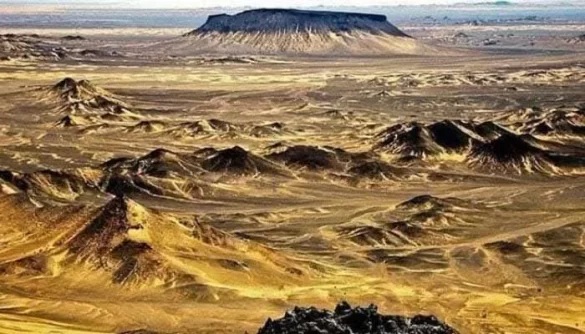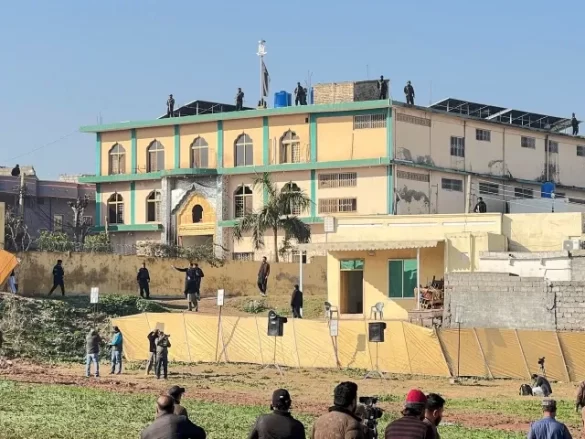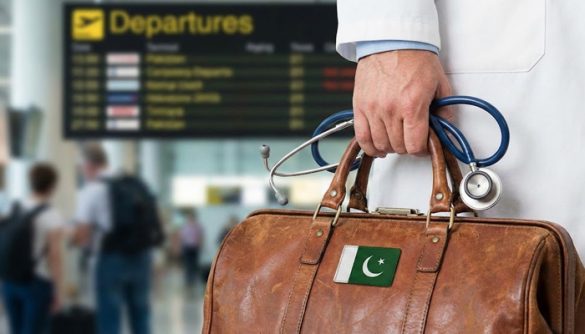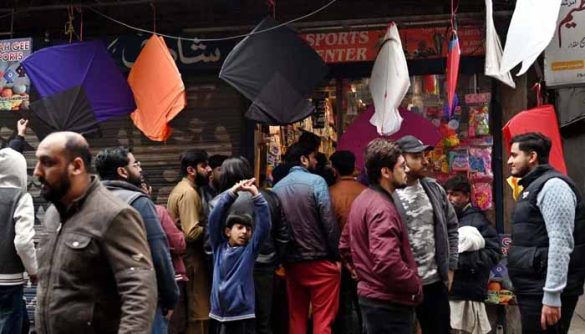Supreme Court Decision
Pakistan’s Supreme Court has granted bail to former Prime Minister and PTI founder Imran Khan in connection with eight cases linked to the violent protests of May 9, 2023. Read the full story here
The court overturned an earlier decision by the Lahore High Court and ordered Khan’s release. The ruling was issued on Thursday, with both parties summoned to the judges’ chambers at 1 p.m. for the formal issuance of the order.
While the verdict marks a significant legal victory for the embattled opposition leader, his immediate release from prison remains uncertain.
Why May 9 Matters
The May 9 unrest erupted after Imran Khan’s arrest in Islamabad on corruption charges. The detention sparked violent demonstrations across Pakistan, particularly in Punjab province.
Protesters stormed government buildings, set vehicles ablaze, and even attacked sensitive military installations, including the Corps Commander’s residence in Lahore. The military later described the events as an “assault on the state.”
According to official figures, more than 4,000 people were detained in the aftermath. Many remain in custody, facing both civilian and military trials.
Legal Complexities Behind Khan’s Release
Although the Supreme Court has approved bail in Lahore’s May 9 cases, several legal hurdles remain.
Khan still faces 43 other cases registered in Rawalpindi. These cases are linked to political demonstrations and clashes between PTI supporters and law enforcement during September, October, and November 2023.
Legal experts note that until bail is granted in those cases as well, Khan cannot walk free. Moreover, even for the May 9 cases in Lahore, the submission of surety bonds (locally known as michalka) is still pending. These are a legal requirement before any release order can be implemented.
A senior lawyer commented: “The Supreme Court’s ruling is certainly a relief, but Imran Khan’s freedom depends on securing bail in Rawalpindi and other cities. Every case has to be cleared before he can be released.”
PTI’s Response
Leaders of Khan’s party hailed the Supreme Court’s decision as a vindication of their stance. They argue that the charges against Khan and thousands of PTI workers are politically motivated, designed to suppress dissent.
A PTI spokesperson said the verdict demonstrated that “justice cannot be delayed forever,” but warned that the legal process still poses obstacles to Khan’s release.
Government and Military’s Position
The government maintains that the cases are not political but stem from the unprecedented violence of May 9, which targeted the military and state institutions.
Authorities have stressed that accountability for those events is essential to uphold the rule of law. Many officials have also defended the decision to try some suspects in military courts, despite criticism from human rights groups.
Broader Implications
The Supreme Court’s ruling highlights the volatile intersection of law and politics in Pakistan. While Khan has gained partial relief, his political future remains uncertain.
If granted bail in the remaining cases, Khan could once again play an active role in Pakistan’s politics. However, the lengthy legal battles risk keeping him sidelined at a time when his party faces sustained pressure from the state.
For now, the message is clear: the path to Khan’s release is not immediate but dependent on navigating a complex web of ongoing cases and legal formalities.















